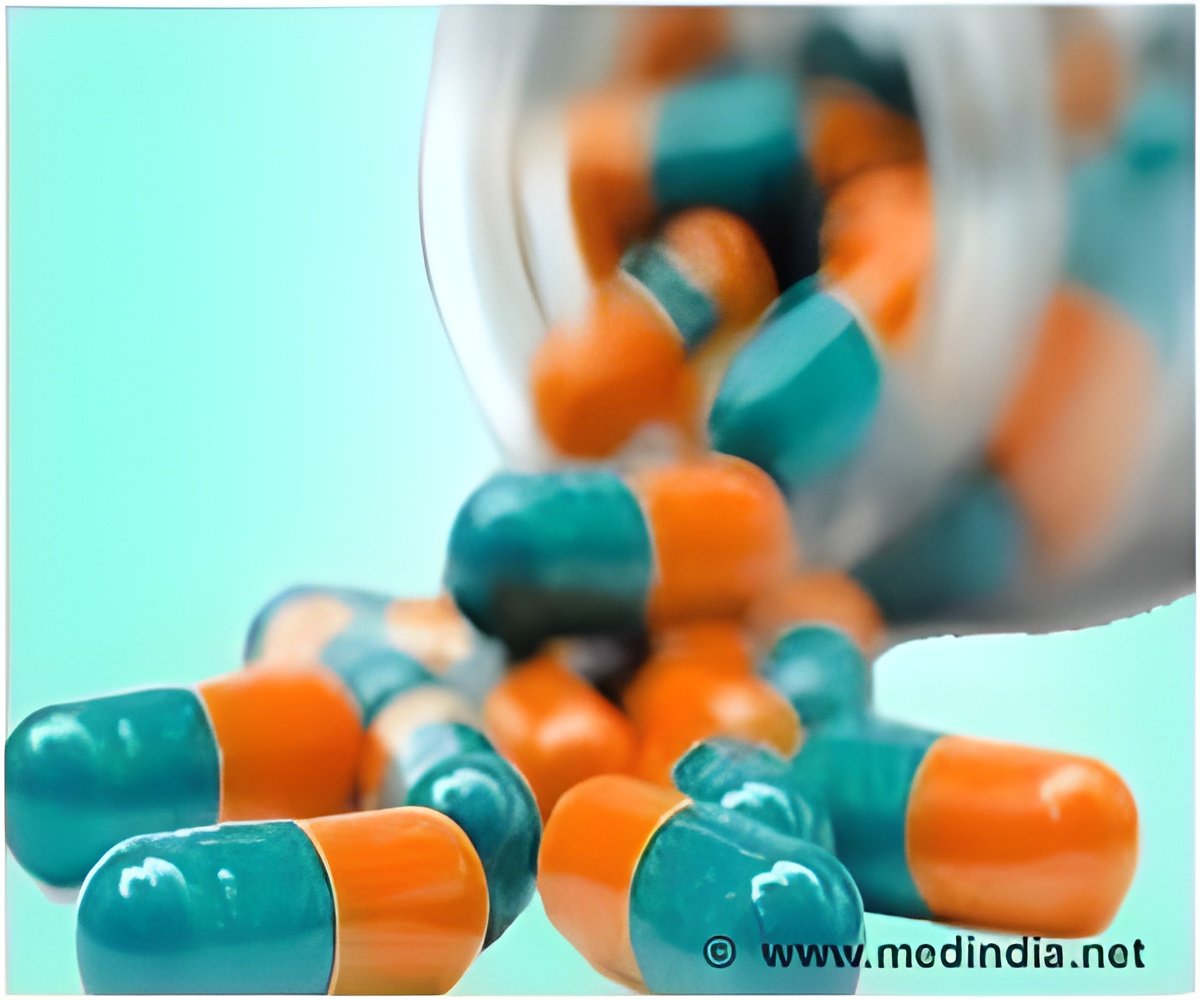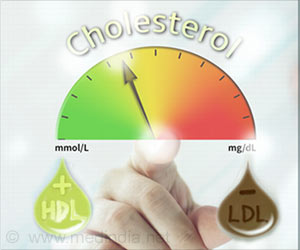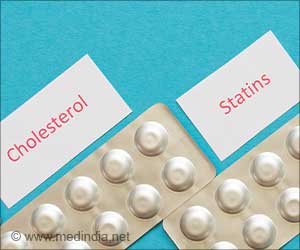CHICAGO – Among patients with sub-optimal low-density lipoprotein cholesterol (LDL-C) or high-density lipoprotein cholesterol (HDL-C) levels, use of the drug evacetrapib alone or in

Stephen J. Nicholls, M.B.B.S., Ph.D., of the Cleveland Clinic, and colleagues evaluated the biochemical efficacy, safety, and tolerability of the CETP inhibitor evacetrapib as monotherapy and in combination with statin agents commonly used in clinical practice in patients with dyslipidemia. The randomized controlled trial, which included 398 patients with elevated LDL-C or low HDL-C levels, was conducted from April 2010 to January 2011 at community and academic centers in the United States and Europe. Patients were randomly assigned to receive placebo (n=38); evacetrapib monotherapy, 30 mg/d (n=40), 100 mg/d (n=39), or 500 mg/d (n=42); or statin therapy (n=239) (simvastatin, 40 mg/d; atorvastatin, 20 mg/d; or rosuvastatin, 10 mg/d) with or without evacetrapib, 100 mg/d, for 12 weeks. The primary outcomes measured were percentage changes in HDL-C and LDL-C levels at the beginning of the trial to after 12 weeks of treatment. The average age of the participants was 58 years, and 56 percent were women.
The average lipid levels at the beginning of the study were 55.1 mg/dL for HDL-C and 144.3 mg/dL for LDL-C. The researchers found that as monotherapy, evacetrapib produced dose-dependent increases in HDL-C of 30.0 to 66.0 mg/dL (53.6 percent to 128.8 percent) compared with a decrease with placebo of -0.7 mg/dL (-3.0 percent) and decreases in LDL-C of -20.5 to -51.4 mg/dL (-13.6 percent to -35.9 percent) compared with an increase with placebo of 7.2 mg/dL (3.9 percent). The HDL-C changes were significantly greater among patients with lower levels of HDL-C or higher triglyceride levels at baseline.
When administered in combination with statin therapy, evacetrapib, 100 mg/d, increased HDL-C levels by 42.1 to 50.5 mg/dL (78.5 percent to 88.5 percent) and resulted in greater reductions in LDL-C (-67.1 to -75.8 mg/dL [-11.2 percent to -13.9 percent)] and non-HDL-C compared with effects observed with statin monotherapy. Compared with evacetrapib monotherapy, the combination of a statin and evacetrapib resulted in greater reductions in LDL-C but no greater increase in HDL-C, consistent with known lipid effects of statins.
There was no difference between evacetrapib and control groups in either the monotherapy or statin combination studies with regard to the rate of treatment-related adverse events and discontinuation rates.
"These preliminary findings suggest that evacetrapib could be administered with statins and may yield potentially clinically important incremental effects on lipoproteins," the authors write. "The results of the current study provide the foundation for a large phase 3 clinical trial designed to assess the efficacy and safety of evacetrapib."
Advertisement














